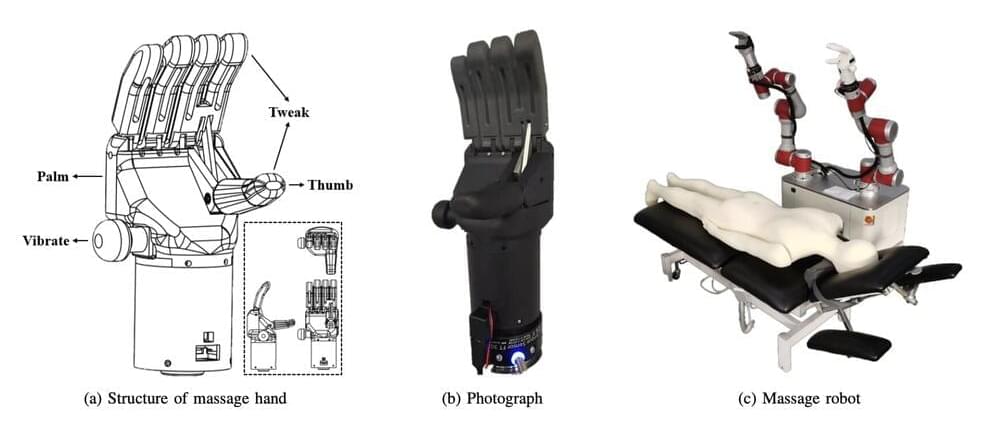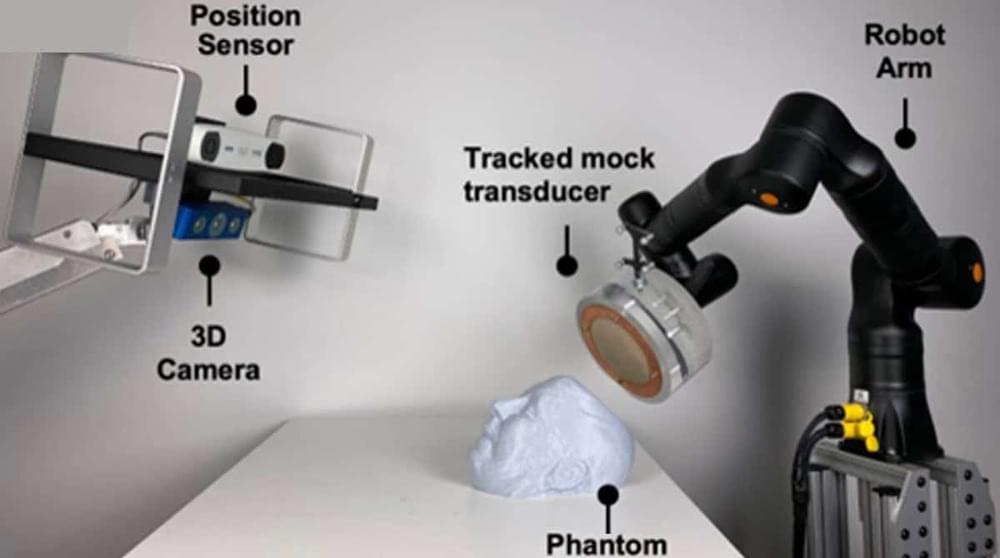The manic pace of sharing, storing, securing, and serving data has a manic price—power consumption. To counter this, Virginia Tech mathematicians are leveraging algebraic geometry to target the inefficiencies of data centers.
“We as individuals generate tons of data all the time, not to mention what large companies are producing,” said Gretchen Matthews, mathematics professor and director of the Southwest Virginia node of the Commonwealth Cyber Initiative. “Backing up that data can mean replicating and storing twice or three times as much information if we don’t consider smart alternatives.”
Instead of energy-intensive data replication, Matthews and Hiram Lopez, assistant professor of mathematics, explored using certain algebraic structures to break the information into pieces and spread it out among servers in close proximity to each other. When one server goes down, the algorithm can poll the neighboring servers until it recovers the missing data.





